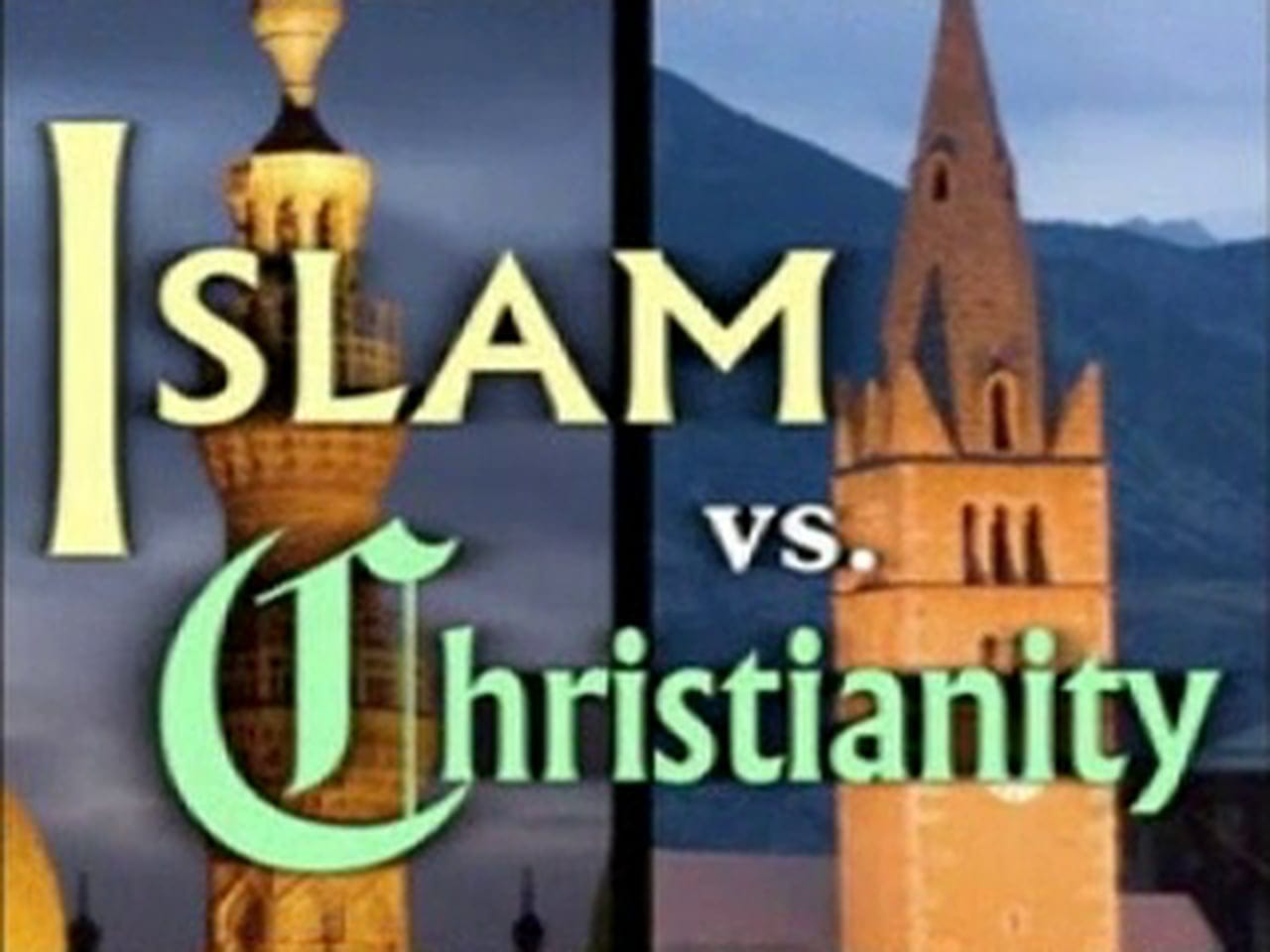
Europe’s Immigration Crisis: Rising Pressures and Political Changes
Updated Aug 2023
Surging Sea Arrivals Outpace Relocation Efforts
So far, in 2023, over 36,000 migrants have arrived in Europe by sea, nearly double the rate of 2022. Most landed in Italy and Greece, with few other EU states participating in relocation efforts to ease pressure on frontline nations. As search and rescue operations remain contentious, over 500 lives have been lost, according to UNHCR data.
While sea arrivals have increased dramatically, relocation initiatives aimed at redistributing asylum applicants across the EU have failed to keep pace. The EU’s asylum pact proposed in 2020 to mandate relocation quotas has stalled due to resistance from nationalist-led member states like Poland and Hungary. As a result, frontline Mediterranean countries like Italy and Greece have shouldered disproportionate responsibilities for processing and housing migrants, straining their welfare systems and stoking domestic opposition. Recent data shows less than 8,000 asylum seekers were relocated in 2022, a minuscule fraction of the overall arrivals. Without meaningful burden-sharing, tensions between EU countries over immigration policies will likely intensify further.
Far-Right Parties Capitalize on Anti-Immigrant Sentiment
Rising arrivals have inflamed far-right populist rhetoric claiming migrants undermine national identity and security. In Sweden, the anti-immigration Sweden Democrats made historic gains in elections, entering a deadlocked parliament. Italy’s Brothers of Italy, campaigning on naval patrols in the Mediterranean, won a landslide victory. Across Europe, nationalist forces gain traction, portraying asylum seekers as threats to prosperity and culture.
The success of far-right parties in tapping into anti-immigration sentiment has shifted … politics further to the right. In Sweden, the Sweden Democrats emerged as the second-largest party in September elections, gaining over 20% of the vote. Their strong showing has complicated efforts to form a new government. Meanwhile, in Italy, Giorgia Meloni’s Brothers of Italy party dominated elections by portraying migrants as linked to rising crime. Her victory has empowered a bloc of Euroskeptic nationalists in … Rome.
Public opinion polling indicates a sizeable percentage of European voters feel current immigration levels threaten traditional national identity and social cohesion. Far-right leaders exploit these fears by casting asylum seekers as draining welfare systems. Some experts argue their rhetoric risks normalizing xenophobic and intolerant … attitudes. However, as sea arrivals surge with no end to conflicts driving displacement, nationalist forces seem poised to reshape European political landscapes further.
Eroding Public Support for Open Borders
Public opinion polling shows declining support for open borders and multiculturalism as the costs of integration mount. Younger generations appear more divided on immigration than older cohorts. Centrist parties feel pressure to adopt more rigid stances to stem far-right momentum, undermining the EU’s supranational vision of responsibility-sharing.
Surveys across Europe indicate shrinking percentages of the public believe immigration enriches their societies. In Germany, those with favourable views of its effects dropped from 57% in 2016 to only … … 44% last year. Similar declines are evident in Sweden, Italy, France and beyond. As the economic and cultural adjustments of integration become … … normalized, public tolerance appears … … to be waning.
Younger age groups born after the turn of the century, having come of age amidst sustained arrivals, … … signal potential … … backlashes. In Germany, for instance, those aged 18-29 hold less favourable views than those over 65. Centrist leaders face pressure to curb immigration to stem nationalist … … surges, undermining the EU’s goal of responsibility-sharing enshrined in the … … Lisbon Treaty. The eroding public consensus challenges the … … viability of open-border policies across Europe in the coming years.
Europe’s Immigration crisis: Mounting Challenges
The EU’s inability to present a unified response on relocation or border security continues ceding influence to illiberal forces. As pressures intensify with no end to conflicts driving displacement, consensus-based governance faces mounting tests against surging populist opposition. Long-term impacts on European integration remain uncertain.
The … … lack of a coherent EU strategy on relocation or border management has … … emboldened nationalist leaders … … to push their anti-immigration agendas. In Hungary, Prime Minister Viktor Orban has fortified borders while restricting NGO activities, consolidating his vision of an “illiberal democracy.” Meanwhile, Italy’s new far-right-led government has called for naval blockades in the Mediterranean, directly challenging the EU’s … … emphasis on search and rescue.
As arrivals rise with no end to the wars fueling displacement from Africa and the Middle East, consensus-based decision-making faces mounting strains. Frontline states like Greece and Italy argue they cannot absorb all sea arrivals alone but have seen little relief. The EU’s inability to surmount divisions risks ceding control over its borders to unilateral state actions, setting back … … efforts to strengthen the bloc through burden-sharing. In the longer term, the viability of consensus-based governance … … across various issues faces uncertainty if nationalist forces continue gaining ground by capitalizing on the failures of a unified EU response.
Europe’s Immigration Crisis: A Darkening Outlook and Rising Tensions
The religious provocation index has recently reached unprecedented levels, signalling a troubling forecast for global violence. Europe, in particular, is poised for a significant surge in turmoil. It’s a realization of our sad prediction last year: the welcoming embrace of the traditionally peace-loving Europeans is tightening into clenched fists. The next unfortunate step in this transformation may involve the unsheathing of swords or guns, and the prospects are grim. We are on the precipice of witnessing a cascade of events, and the worst is yet to come.
Across Europe, far-right political parties are rapidly gaining popularity, and many are on the brink of assuming influential positions. This ascent to power will likely usher in a new era of stringent measures to handle individuals from diverse cultural and religious backgrounds. Some of these measures will undoubtedly send shockwaves around the world. Regrettably, the die has been cast, and the current trajectory must play out to its conclusion.
As we delve deeper into this unsettling scenario, it becomes evident that Europe’s immigration crisis is not abating; instead, it is escalating. The growing religious tensions and the rise of far-right ideologies paint a troubling picture of the continent’s future. It is a complex situation that requires careful attention and international cooperation to address effectively.










